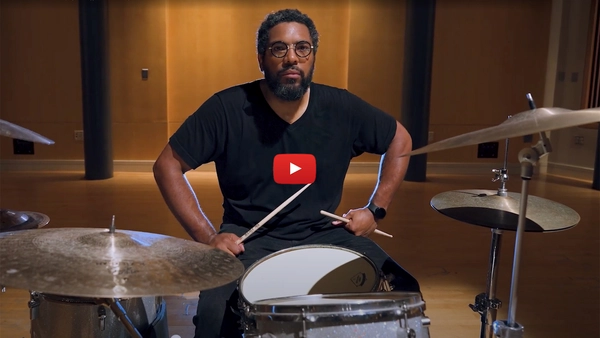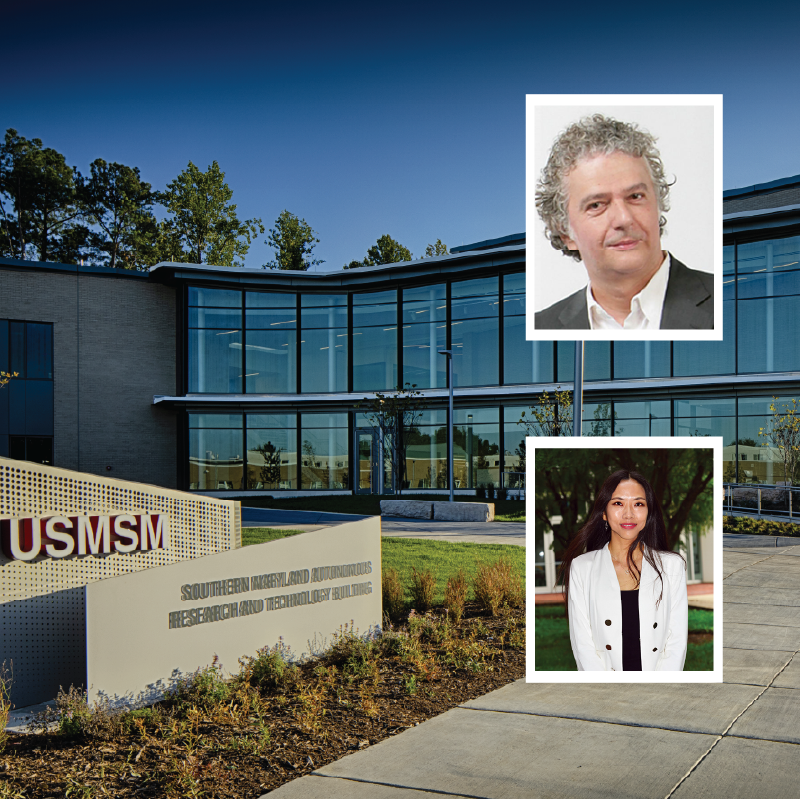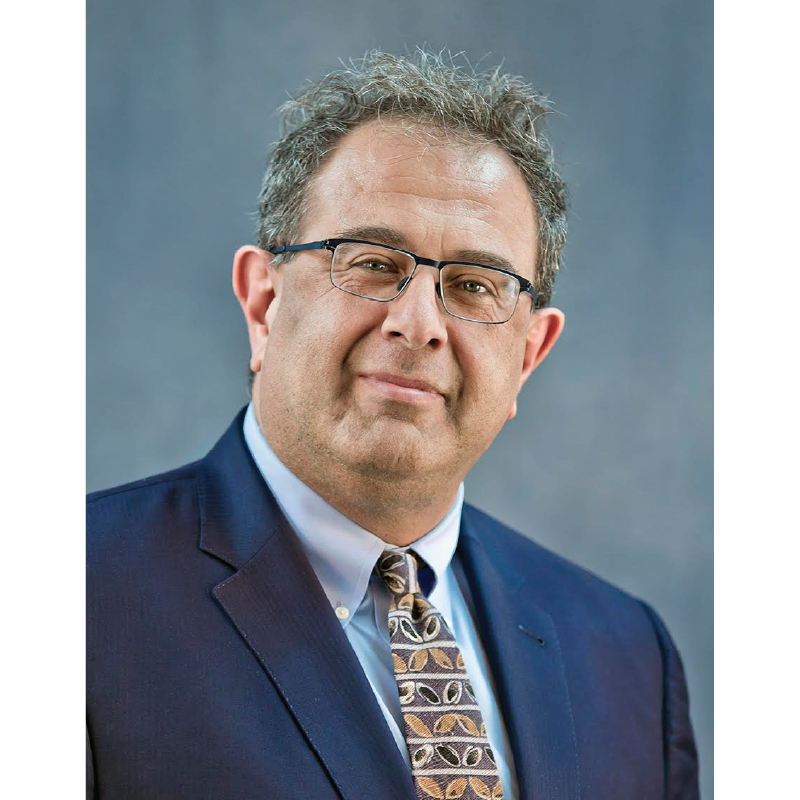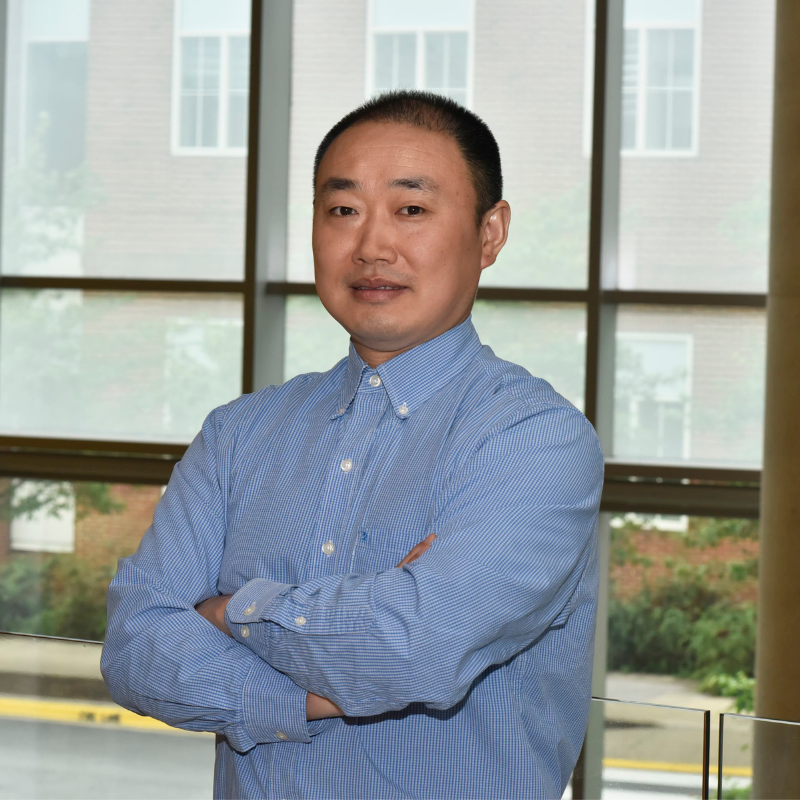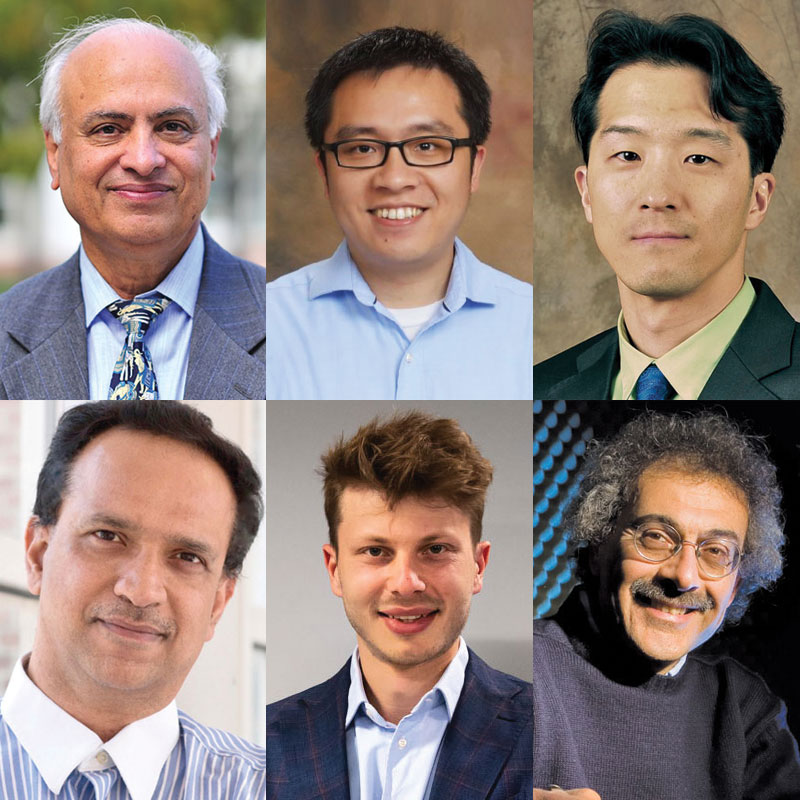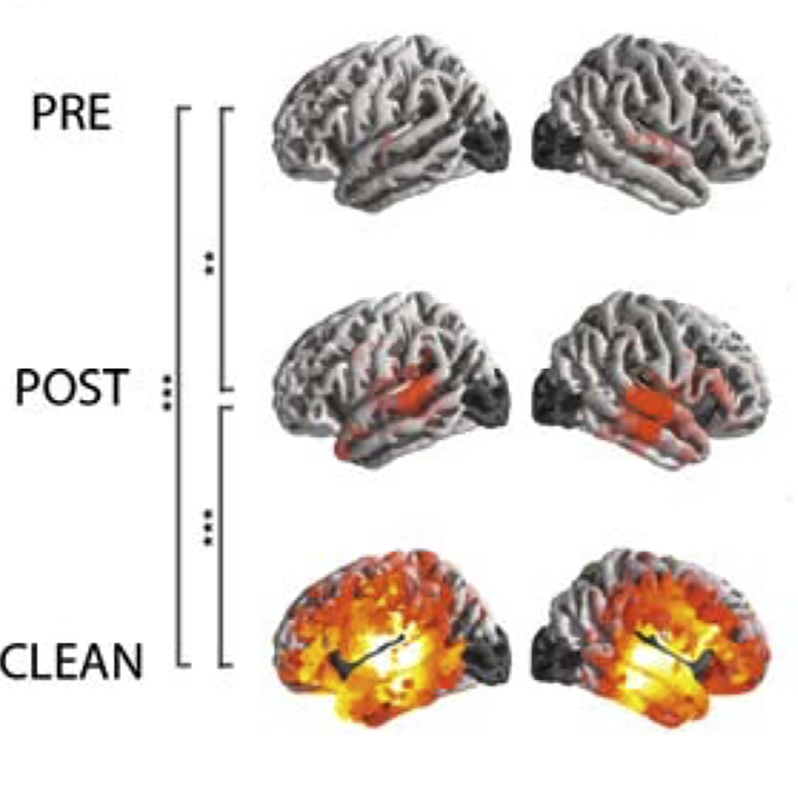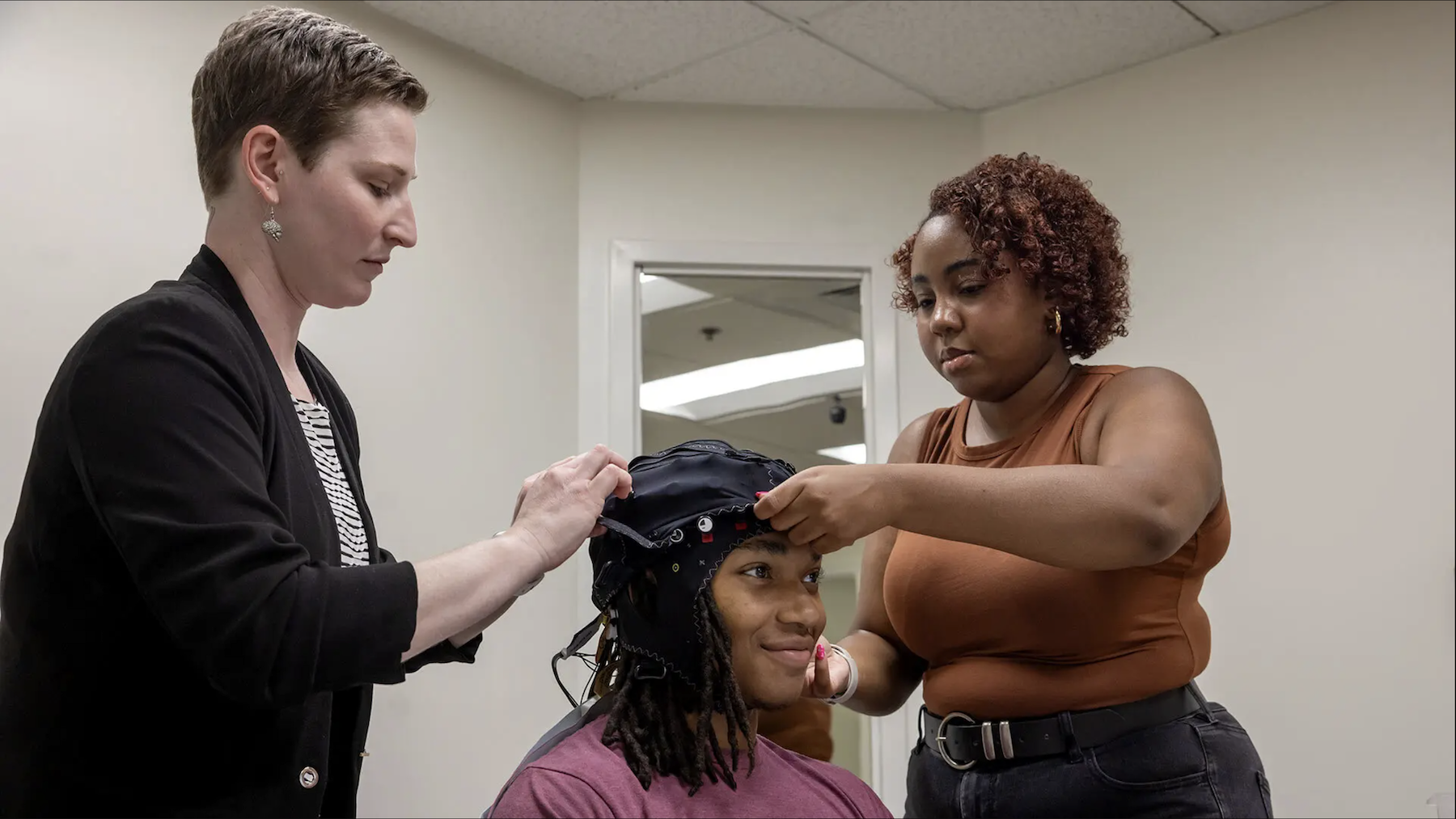News Story
Phillips, Newman involved in NSF graduate training grant in language processes and technologies
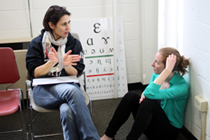
COLLEGE PARK, Md. — Problems in language are too big for one lab. A new group of graduate student fellows at the University of Maryland are part of an interdisciplinary program designed to serve as a model for training the next generation of leaders with skills to understand how language affects the world around us.
The work comes as part of a five-year, $3 million National Science Foundation Research Traineeship (NRT) grant awarded to the university’s Maryland Language Science Center (LSC). As many as 50 Ph.D. students are expected to participate in the NRT program, called “Flexibility in Language Processes and Technology: Human- and Global-Scale.” For it, language scientists at UMD joined forces to develop a cross-training model that encourages team-based research and science communication focused on linguistics, computer science and psychological and neural sciences. This integrated approach will equip future leaders with broad skills necessary to adapt for diverse careers in STEM, academia, communications and policy.
Language science is a broad field that relies on collaborations across disciplines including the humanities, biological sciences and engineering. Understanding how language works plays a role in the world economy, health, migration and immigration, global security and even at home. Language skills are also at the heart of the achievement gap.
Popular language technologies like Google Translate and Apple’s Siri are clumsy approximations of language understanding even though each relies on enormous amounts of data. UMD’s NRT cohort has taken on a research theme called “Beyond Big Data.” Researchers will look for smarter ways to develop tools that can be adapted for many different languages at low cost. The world has about 7,000 languages, but data available now doesn’t support development of language technology for 99 percent of those.
“I'm excited by the research theme,” Colin Phillips, professor of linguistics, program principal investigator and LSC director, said. “Google Translate and Apple’s Siri rely on big data, yet children easily outperform the best current technology in language learning through far less data.”
UMD was one of the eight original institutions recognized by NSF from a pool of approximately 250 proposals across all areas of science and engineering. The grant comes on the heels of UMD’s previous $3 million NSF Integrative Graduate Education and Research Traineeship (IGERT) award that trained more than 50 interdisciplinary language scientists from 10 departments over the past seven years. The IGERT was the starting point for several language science collaborations at UMD, which helped establish LSC.
Rochelle Newman, NRT co-investigator and professor and chair of the Department of Hearing and Speech Sciences department, plans to help fellows take advantage of unparalleled opportunities for student development due to UMD’s proximity to government agencies and policy makers.
“NRT fellows will take part in policy internships where they will gain experience communicating science to policy makers and to the public,” she said. “They may visit Capitol Hill, develop and deliver advocacy messages or shadow lobbyists.”
LSC also partnered with KerryAnn O’Meara, professor of higher education and director of UMD’s NSF ADVANCE program, to assess student learning outcomes and develop a model for interdisciplinary research and curriculum in language science.
Faculty and students in the NRT program draw from UMD’s Language Science community, which spans the College of Arts and Humanities; the College of Behavioral and Social Sciences; the College of Computer, Mathematical, and Natural Sciences; the College of Education; the A. James Clark School of Engineering; the iSchool; and the Center for Advanced Study of Language.
Additional co-investigators on the NRT program include Hal Daumé, associate professor, Department of Computer Science; Robert DeKeyser, professor, School of Languages, Literatures, and Cultures; and William Idsardi, professor and chair, Department of Linguistics.
Contacts:
Nicky Everette 301-405-6714
Published January 16, 2016




